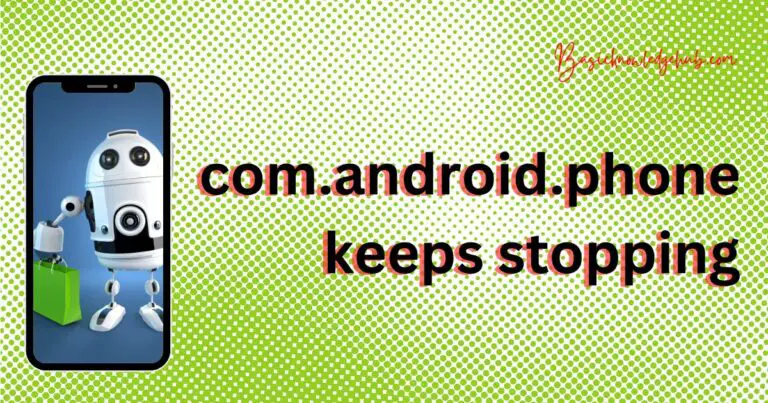Android vs. iPhone: Top Reasons Why Android Takes the Cake
In recent years, the debate between Android and iPhone enthusiasts has only grown in intensity. One could argue it’s akin to a modern day technological crusade, as smartphone devotees pledge their loyalty to one brand over another. But at its core, the argument is centered on which platform can offer its users a better experience. So, it’s time to dive into the core reasons why Android is a better choice than iPhone.
Greater Customization
When it comes to smartphone customization, Android simply cannot be matched. The Android operating system allows you to tailor your device to your preferences, by providing an extensive range of settings and options. Choose from a multitude of widgets, default apps, and even customize notifications to your liking. On the other hand, iPhone users are shackled to the limited options Apple provides, making Android the go-to choice for those who crave personalization.
Affordability and Variety
Android offers a wider variety of devices at different price points, catering to a diverse range of consumers. There are options for high-end smartphones, like the Samsung Galaxy line, mid-range phones such as the OnePlus series, and budget-friendly devices from brands like Xiaomi and Realme. In contrast, the iPhone’s premium pricing model can be a limiting factor for potential buyers. With Android, there is a phone for every budget and intended use.
Expanded Storage Capability
MicroSD card slots have been a staple feature in Android smartphones for years, allowing users to expand upon the original storage capacity. iPhones, however, lack this feature, forcing customers to shell out extra cash for higher storage models. This may leave iPhone users feeling restricted, while their Android counterparts may have ample room to store media, documents, and apps without worrying about running out of space.
Easier App Integration
Android devices allow third-party apps to access vital system features, fostering a more cohesive and integrated user experience. For example, setting a third-party app as your default app for messaging or emailing is a breeze on Android. Meanwhile, iPhone users are limited in this regard, as Apple’s operating system restricts access to core features for most third-party apps.
Better File Management
Transferring files is a more straightforward process on Android devices, thanks to the system’s file management tool. Android offers full control over your device’s file system, providing an experience similar to a computer, whereas iPhones greatly restrict user access to its file system. Need to transfer a file from your computer to your phone? Simply plug in an Android device, and it’ll show up on your computer as an external storage device, while iPhones may require additional steps, or even third-party software.
App Compatibility
For fans of open-source software, Android is the clear winner. While Apple’s App Store is notorious for its strict regulations and guidelines, Android supports a more extensive range of applications. As a result, Android users can freely install apps from sources outside of the Google Play Store, including open-source projects. Do you want a tailored app experience or customized features? Welcome to the diverse world of Android.
Increased Longevity
With the vast selection of Android devices on the market comes the potential for extended support and device longevity. Many manufacturers release timely software updates for their flagship models, but even if updates cease, apps might still function for years to come. While iPhones receive consistent software updates, their compatibility with older hardware can wane, often causing a slow-down that ultimately pressures the user to upgrade.
The competition between Android and iPhone may never truly end, but the benefits of Android are hard to ignore. From affordability to enhanced personalization options, Android devices provide the freedom and flexibility that many smartphone users crave in today’s fast-paced world.


